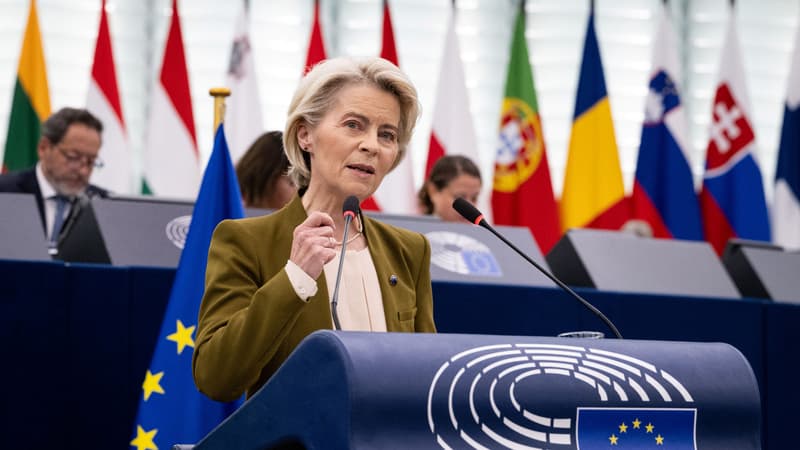The European Union announced on Friday that it had sent information requests to several technology companies to check whether they were complying with their child protection obligations.
Applications were sent to the Apple and Google app stores (App Store and Google Play Store), the social network Snapchat, as well as YouTube, European Digital Commissioner Henna Virkkunen told reporters ahead of a ministerial meeting in Copenhagen.
This involves checking compliance with child protection obligations derived from the regulation of digital content, the Digital Service Act (DSA).
There are no formal investigations yet
“We need to make sure that the content our children access online is age-appropriate, and that’s why we put in place the DSA, and it makes clear that when children use online services, very high levels of privacy and security need to be applied, and that’s not always the case,” he explained.
These approaches, which do not yet constitute formal investigations, draw on the vast legal arsenal that Europe has at its disposal to regulate the technology through the DSA.
Disinformation, online hate, counterfeits or dangerous products: this text aims to protect European users by imposing obligations on platforms. Failure to comply with these rules may result in fines of up to 6% of your annual global turnover.
Meta, Tiktok and AliExpress also in the EU’s sights
Brussels has already opened numerous investigations within the framework of the DSA, targeting the platforms Meta, Facebook and Instagram, but also Tiktok, X and the Chinese site Aliexpress. The Commission announced these new requests for information during a meeting of European telecommunications ministers in Copenhagen, where the issue of banning children from social media will be discussed.
Denmark, which holds the rotating presidency of the EU, and several other member states want to take the opportunity to support the president of the European Commission, Ursula von der Leyen.
The latter spoke out in September in favor of such bans, considering that social networks should be prohibited for children in the same way as tobacco or alcohol, and launched a reflection to see if it was necessary to establish a numerical age of majority at the level of the entire EU.
Source: BFM TV


